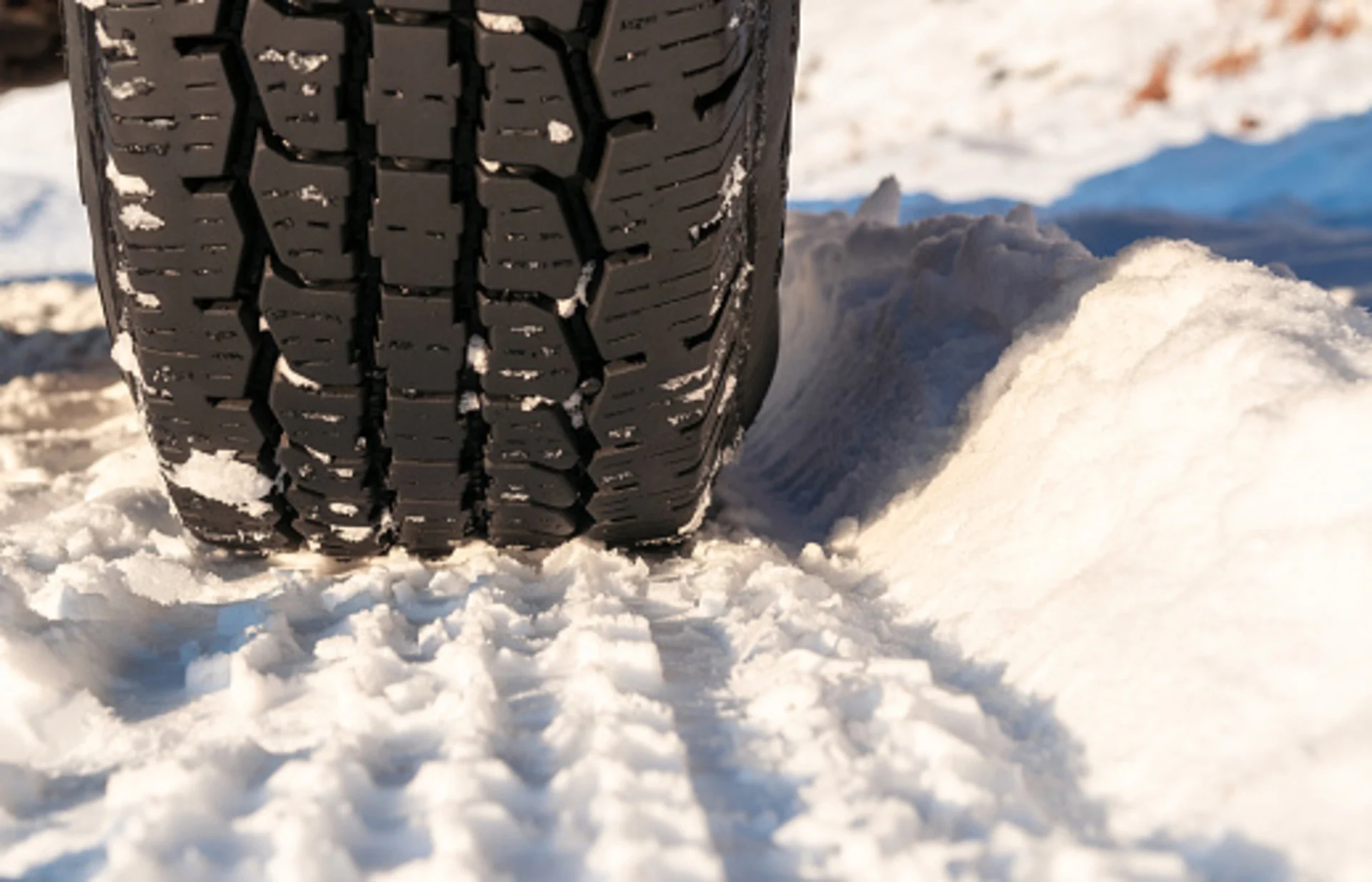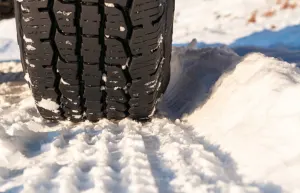
Winter tire myths: What you need to know for safer driving
What you need to know for safer driving this season.
It's here. Significant snowfall is moving through Canada, hitting major cities in Ontario, parts of the Prairies, and B.C. and reinforcing the point that it's time to get serious about winter tires.
But there's more behind the need for winter tires than just snow.
If you're still procrastinating, advice from a couple of tire experts may help to debunk some of the myths you're relying on to rationalize your lack of action.
MYTH 1: YOU DON'T NEED WINTER TIRES IF THE ROAD IS CLEAR
A snow plow can't clear the cold. When it comes to winter tires, it's not just snow but temperature that matters.
"All tire rubber will begin to stiffen as the weather gets colder, but the latest generations of winter tires remain flexible in freezing temperatures, maintaining traction and available grip," says Anant Gandhi, product manager for Bridgestone Americas.
"Your tires are the one thing between your car and the pavement. As temperatures approach freezing, winter tires can provide increased traction, braking and handling."
SEE ALSO: Four spots to dine at if you travel south for the winter
MYTH 2: IF YOU HAVE ALL-WHEEL-DRIVE, YOU'RE GOOD TO GO IN THE SNOW
Four-wheel or all-wheel-drive can help get you going by making the most of tire traction, but it doesn't improve stopping or cornering. How well you can do either depends on tire grip.
"Lots of people who come out to the Bridgestone Winter Driving School think that four-wheel-drive is all powerful in winter conditions," says Mark Cox, director of that school.
"It doesn't matter whether you have all-wheel drive or two-wheel drive, when it comes to stopping it's all about tire grip.
That's when winter tires are especially important. Installing winter tires on all wheel positions will improve surface grip in most winter road conditions."
WATCH BELOW: YOU'VE BEEN USING YOUR SEAT WARMER WRONG THIS ENTIRE TIME
MYTH 3: IF YOU HAVE ALL-SEASON TIRES, YOU MAY NOT NEED TO SWITCH TO WINTER TIRES
All-season tires are designed with both winter and summer performance in mind, but they do not offer maximum performance in either season. Winter tires are designed to remain flexible even at extremely low temperatures.
"An all-season tire and even an M&S (mud and snow) tire do not provide maximum traction in wintry conditions as a true winter tire does," says Gandhi. "When you equip your vehicle with winter tires you may be better prepared for changing road conditions."
MYTH 4: UNDER-INFLATE YOUR TIRES FOR BETTER TRACTION
Never reduce tire pressures in an attempt to increase traction on snow or ice. "Deflating your tires simply doesn't work in this situation. In fact, you could end up damaging your tires if you drive on them under-inflated," says Gandhi.
This article was first published at www.autofile.ca.









